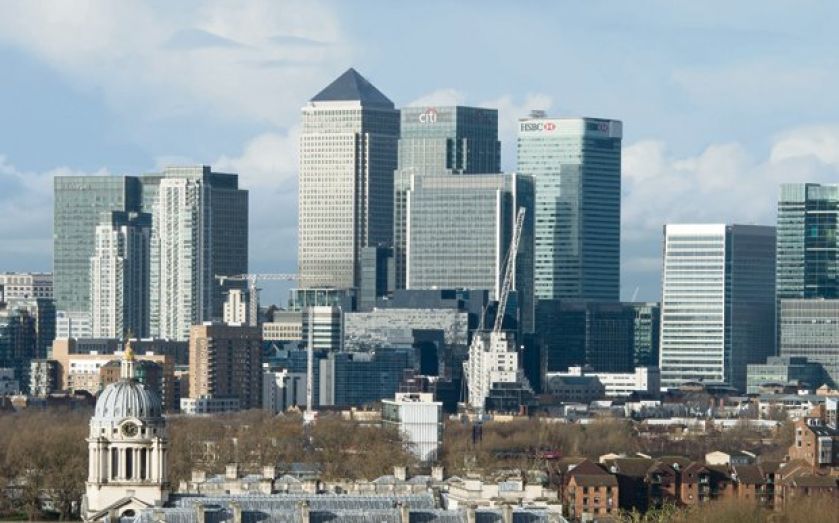As politicians pledge to end the economy’s focus on London, is this counterproductive?

Baroness Jo Valentine, chief executive of London First, says Yes.
The problem with much of the discussion around this topic is that it assumes the capital’s success is to the detriment of other cities.
London is enormously influential in putting the UK on the world stage, due to its position as a leading global hub for business.
It is, in turn, a huge supporter of the UK economy – trade with the capital is a vital driver of regional economies right across the country.
London also serves as a critical gateway for jobs in the surrounding areas. For example, 67 per cent of manufacturing jobs associated with Transport for London are based outside of the city.
Half of foreign tourists who visit the rest of the UK do so off the back of a primary trip to London.
It’s true that Britain’s cities and regions have struggled since the recession, but we need to look at how everyone can be a winner, rather than pitting London against the rest in a race to the bottom.
Chris Cummings, chief executive of TheCityUK, says No.
London’s international appeal attracts major foreign direct investment. And this creates jobs across the UK, with firms expanding their operations all over the country and maximising the cluster effect of support services.
The financial and related professional services industry employs 2m people in Britain. It’s often forgotten that two thirds of these individuals work outside of London.
Major centres such as Birmingham, Leeds, Bristol, Glasgow, Edinburgh and Manchester are competing for business on an international level in their own right.
Deep talent pools, world class infrastructure and strong political support are all important factors in firms’ investment decisions, and more needs to be done to ensure that there is a level playing field across the UK’s major cities.
Growth in these country-wide financial and related professional services raises the productive capacity of the whole economy.